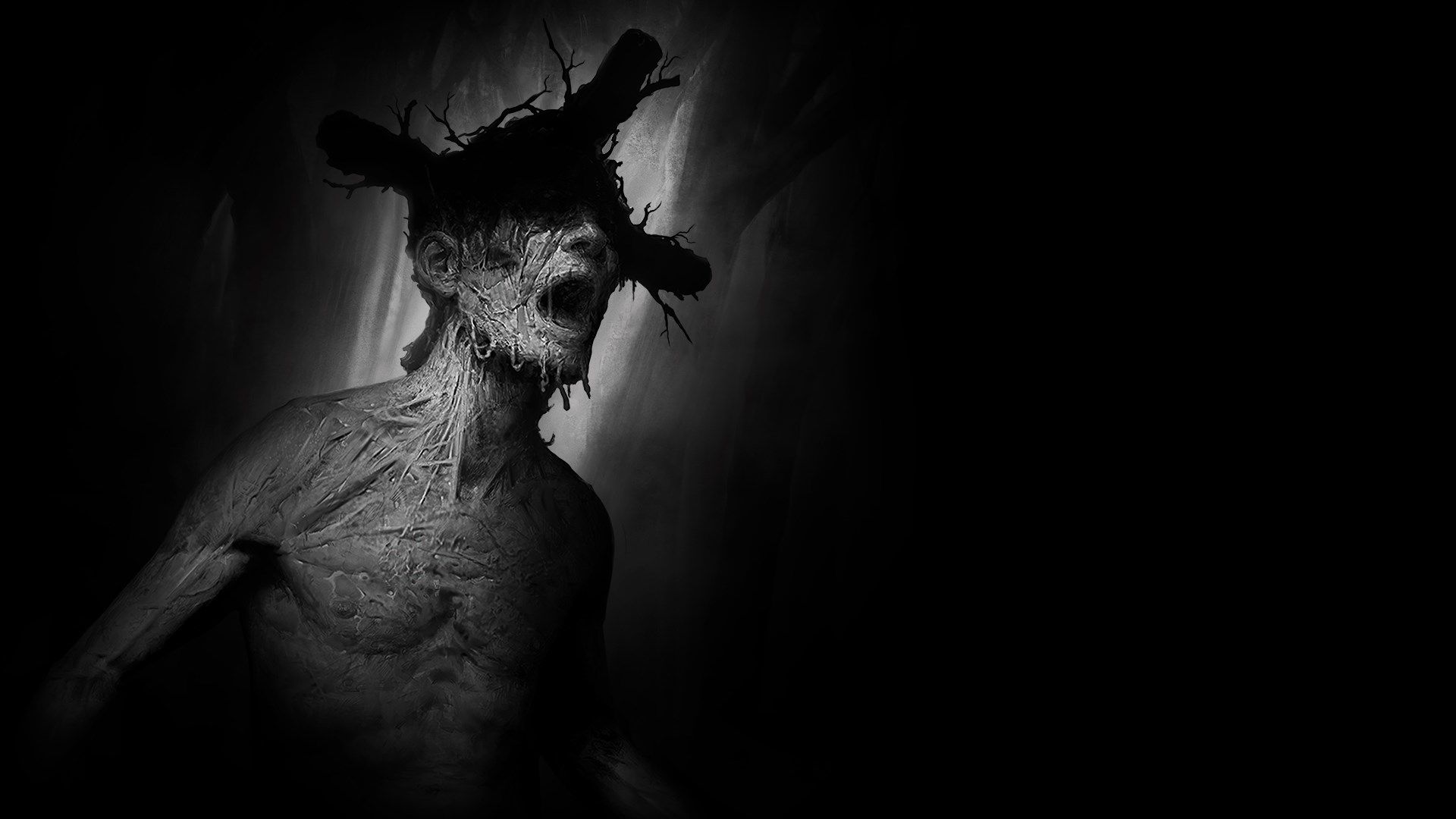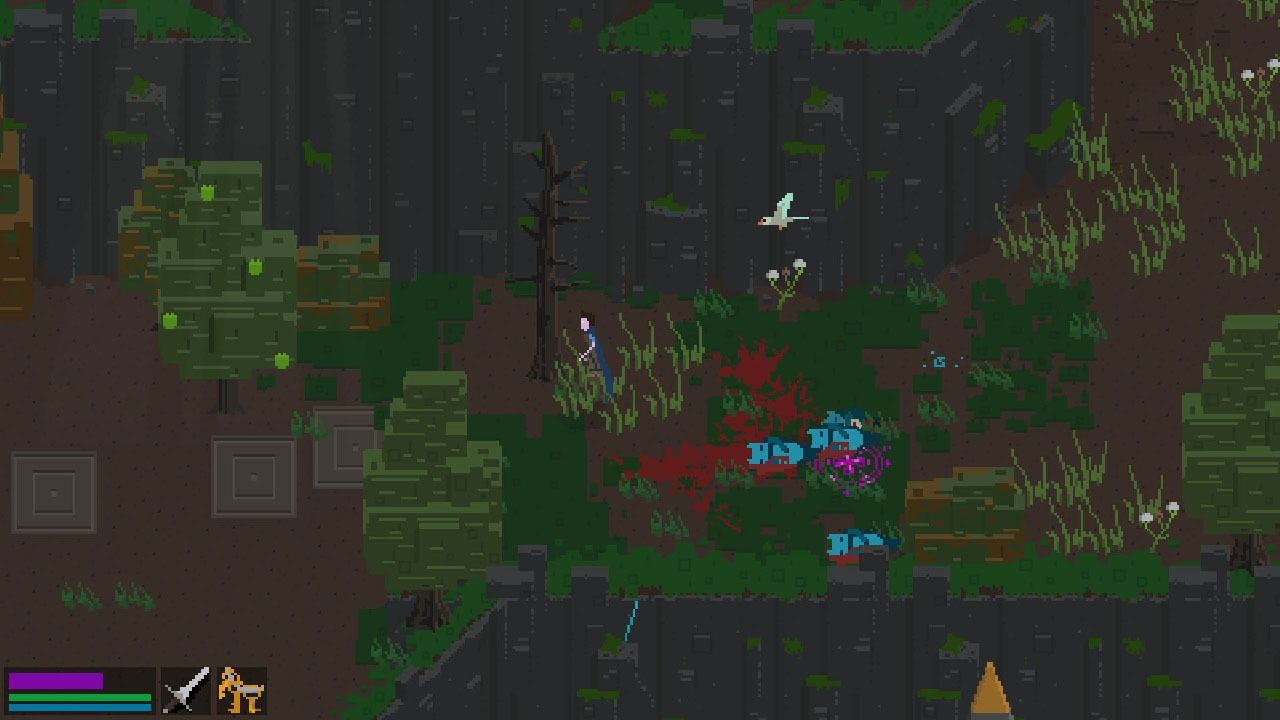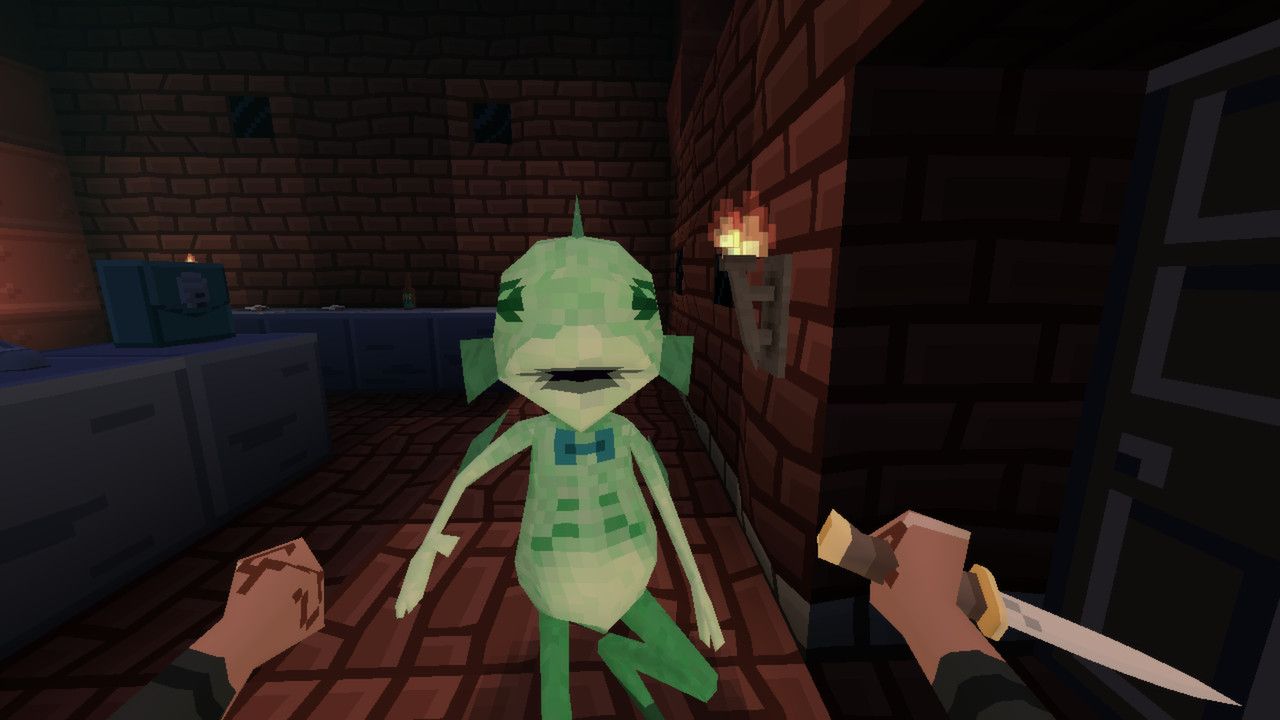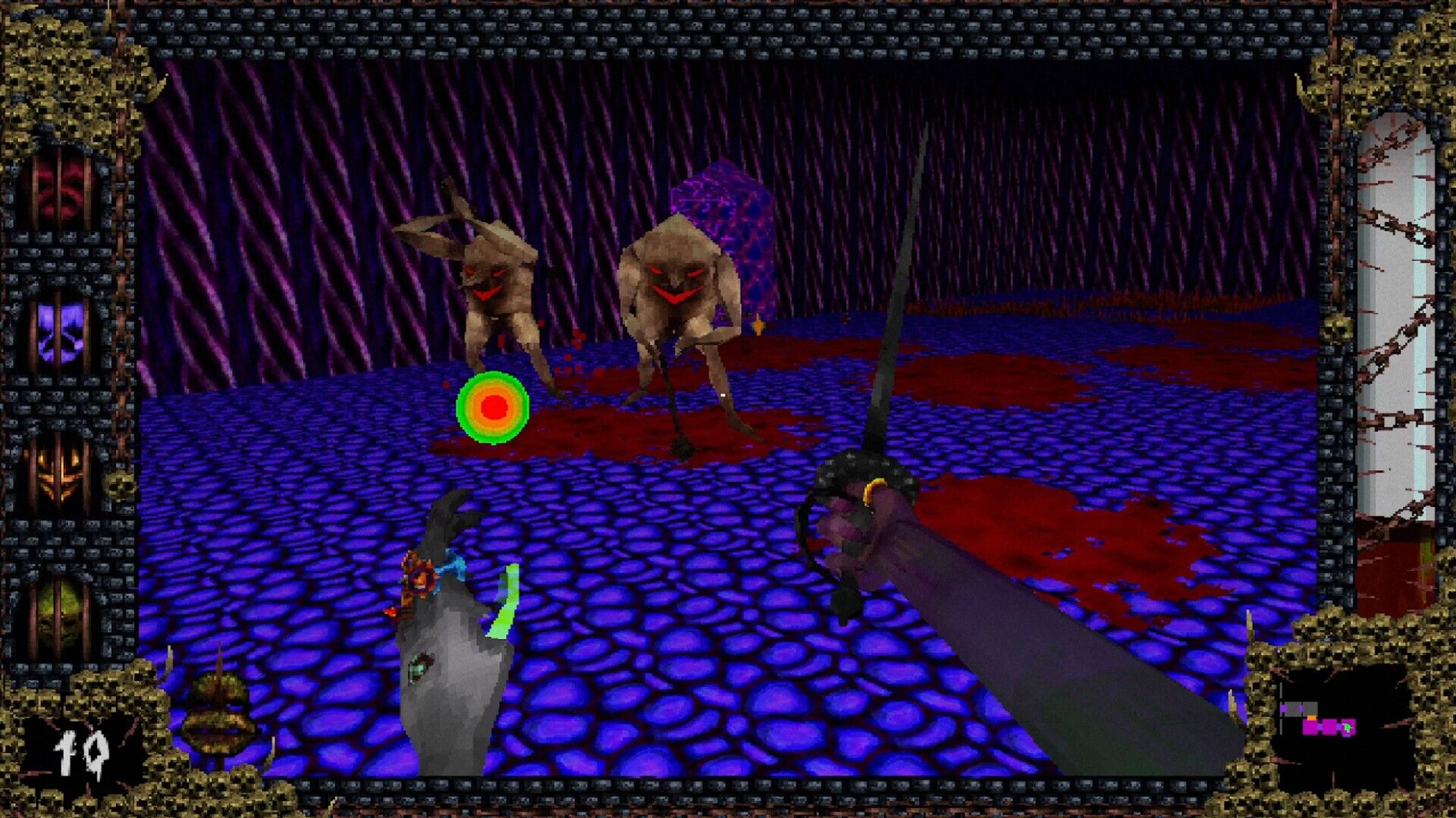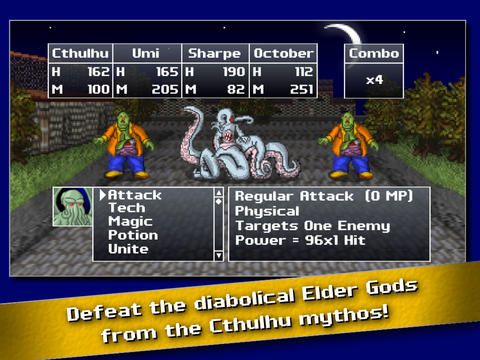Lovecraft's Untold Stories
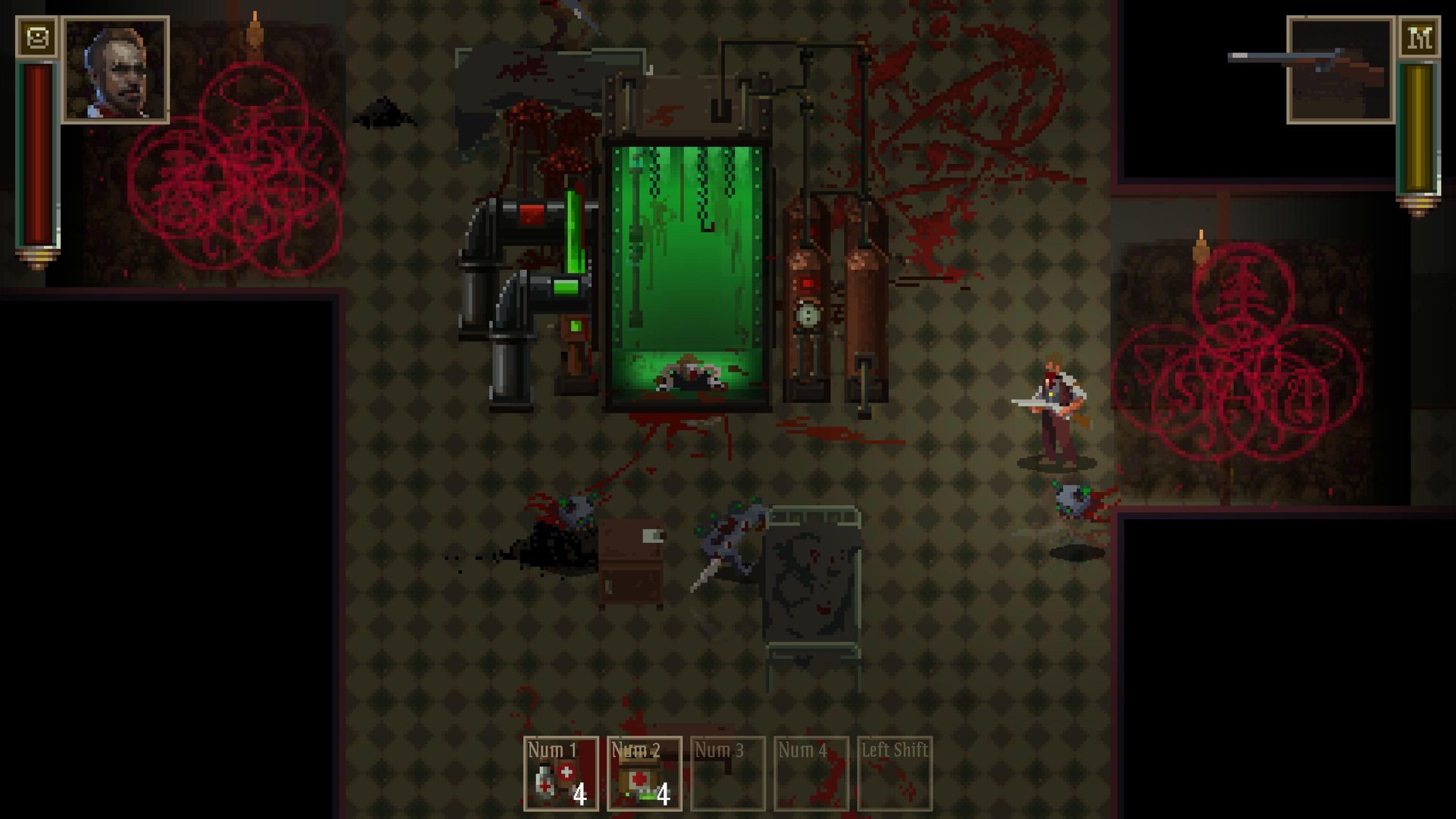
The Dance of Madness
In Lovecraft's Untold Stories, players descend into a pixelated labyrinth of cosmic horror and survival. With action RPG mechanics and roguelike progression, the game delivers randomized levels filled with eldritch monstrosities, cursed artifacts, and narrative fragments. Sanity becomes both a mechanic and a theme — knowledge empowers, but also corrodes.
A Kaleidoscope of Characters
Five playable characters — the Detective, Professor, Witch, Ghoul, and Cultist — offer distinct playstyles. Each begins with different gear, abilities, and narrative arcs, providing high replayability. Their views on the Mythos range from academic curiosity to primal hunger, enriching the narrative tapestry.
Sanity and Survival
The game’s sanity system reacts to horror exposure and use of forbidden knowledge. As sanity declines, visual distortions and gameplay effects intensify. This balancing act of health, ammo, and mental stability adds tension to every encounter.
Exploration and Existential Dread
Level design mixes haunted mansions, eerie forests, and cult compounds. Exploration is encouraged, but risk and reward are constant companions. Secrets, lore fragments, and powerful items tempt the bold — but dying means starting anew, true to roguelike tradition.
A Lovecraftian Experience
From visual style to thematic depth, Lovecraft’s Untold Stories evokes the mythos authentically. While the pixel art and UI can feel dated, the ambiance and narrative cohesion offer a uniquely immersive cosmic horror RPG.
Image Gallery
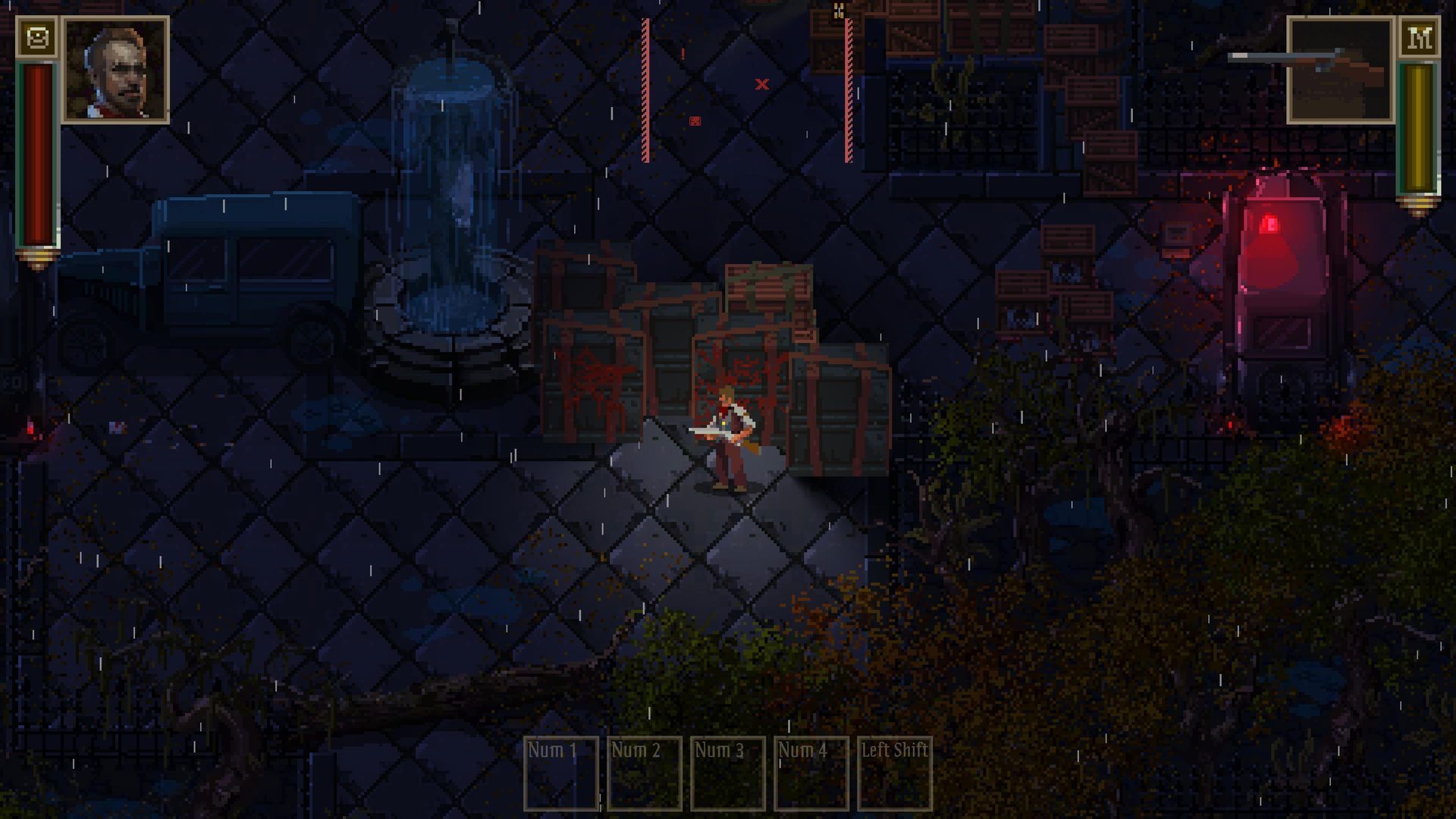
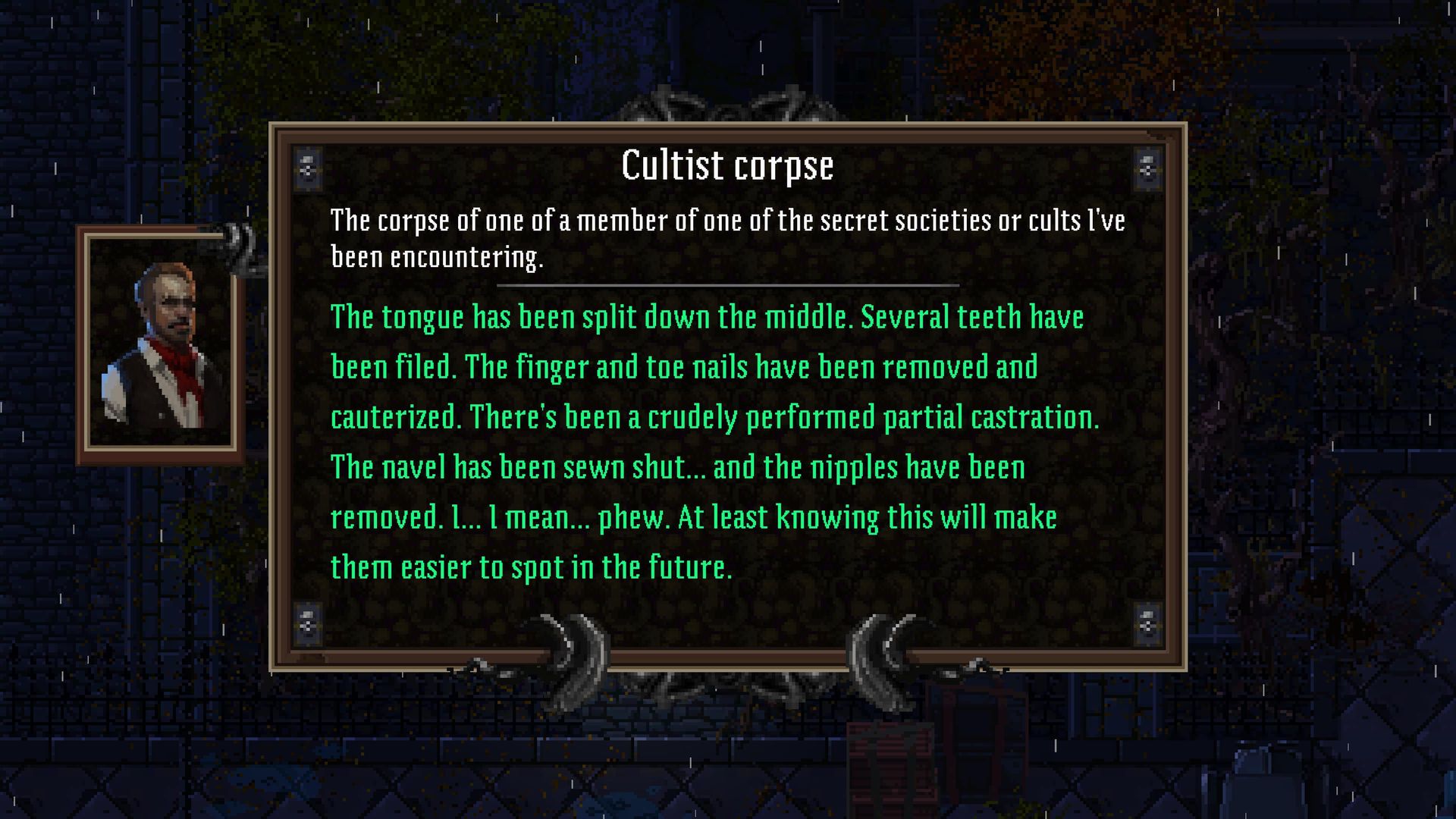
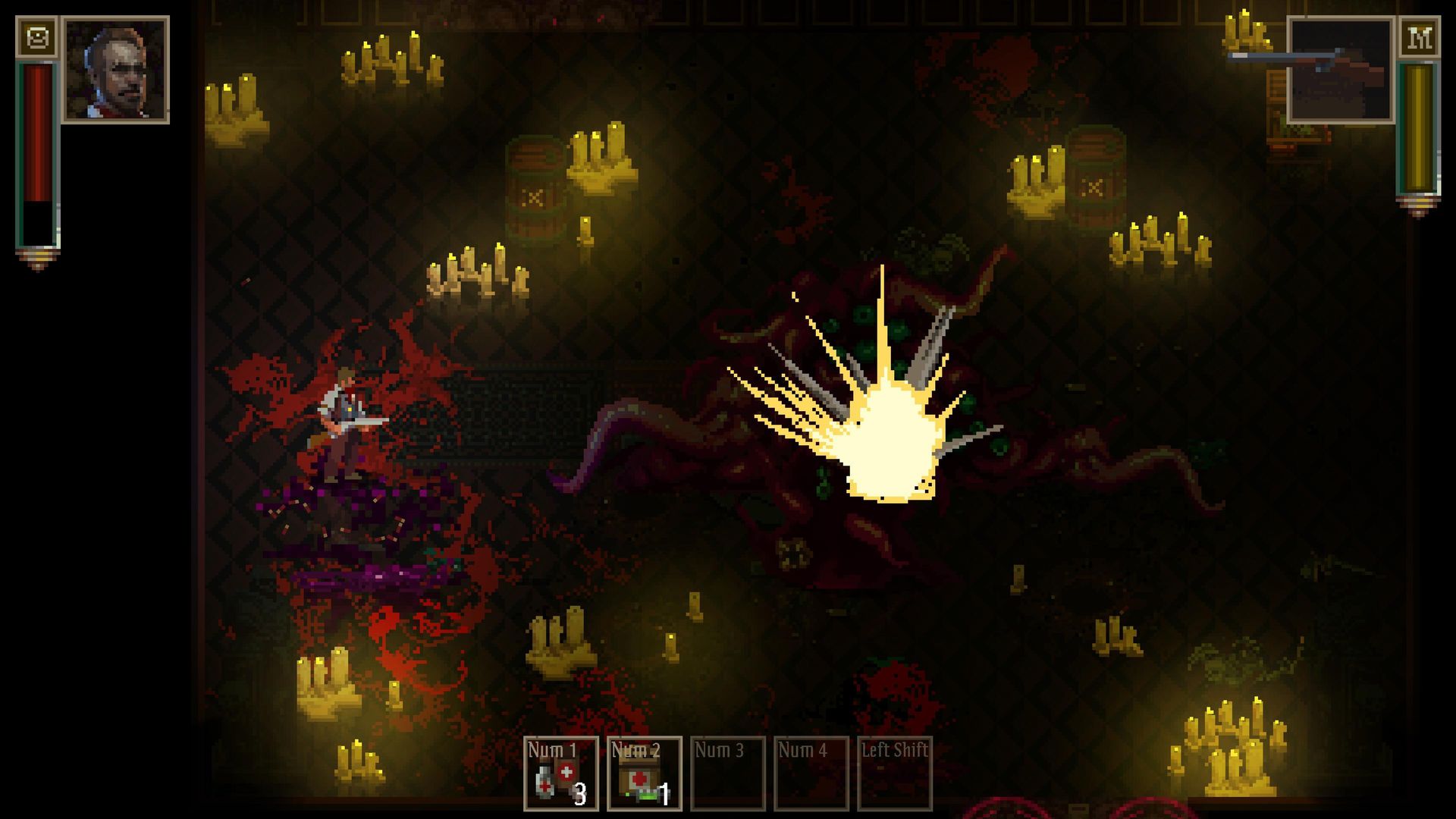
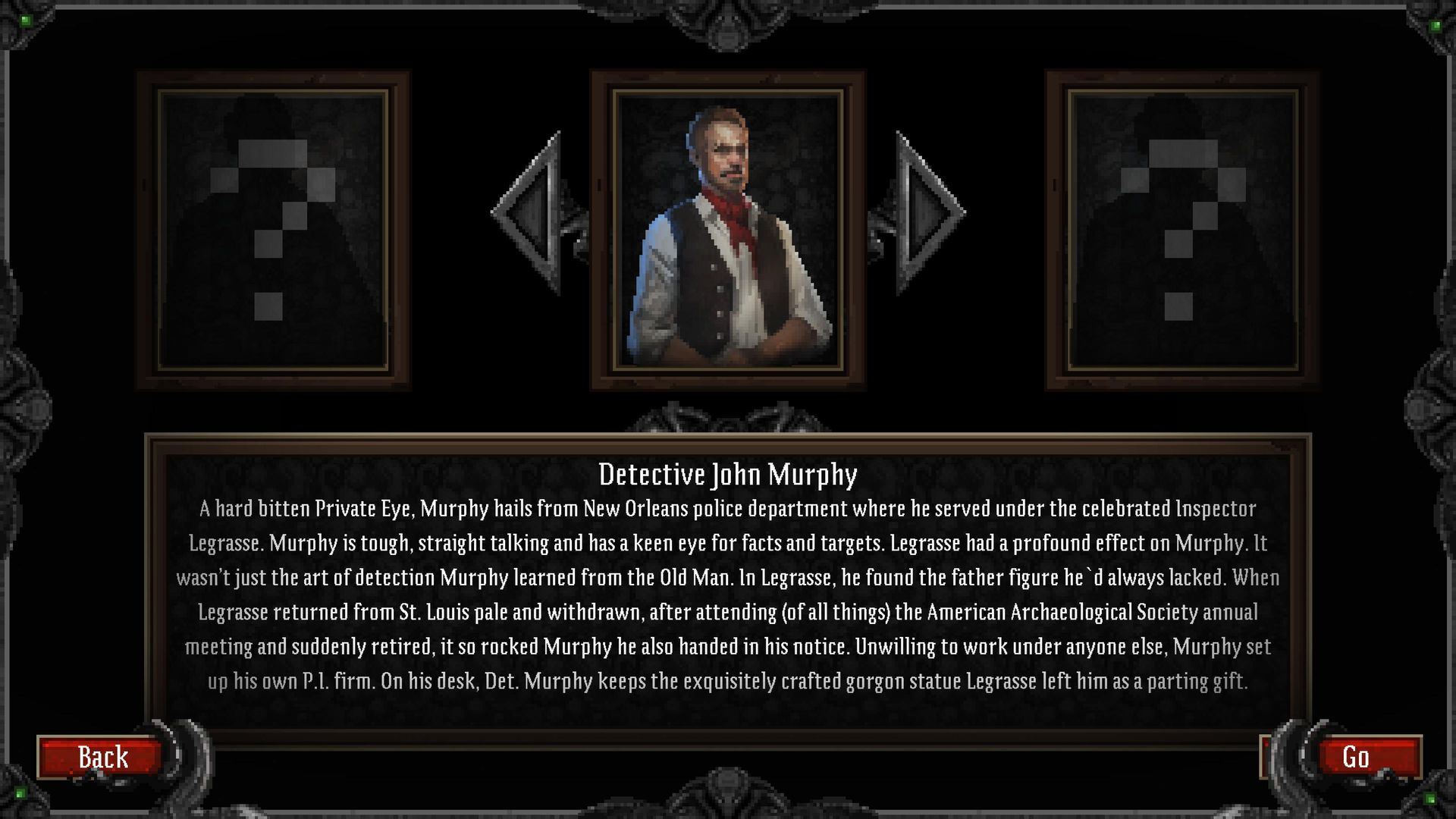
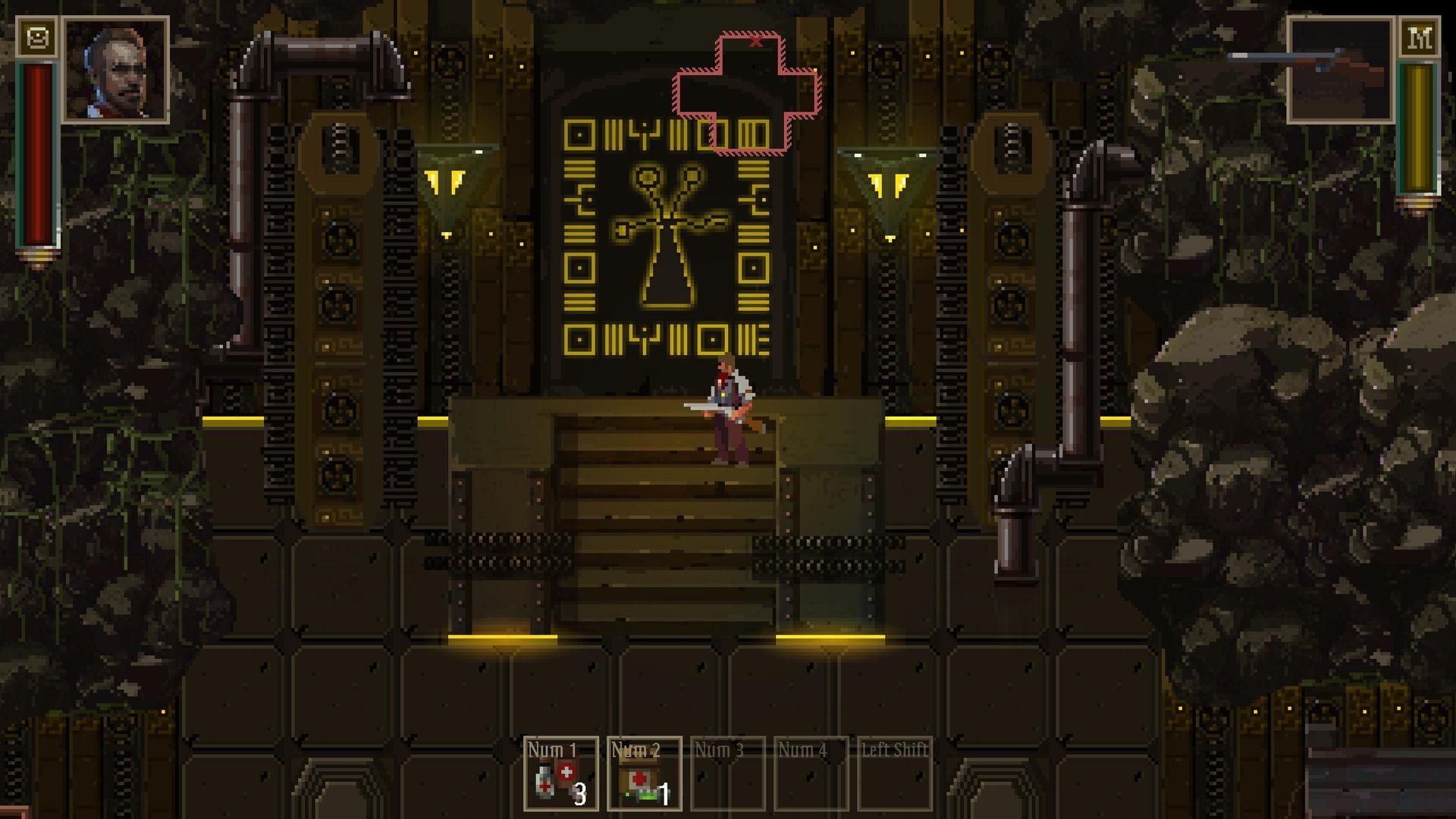
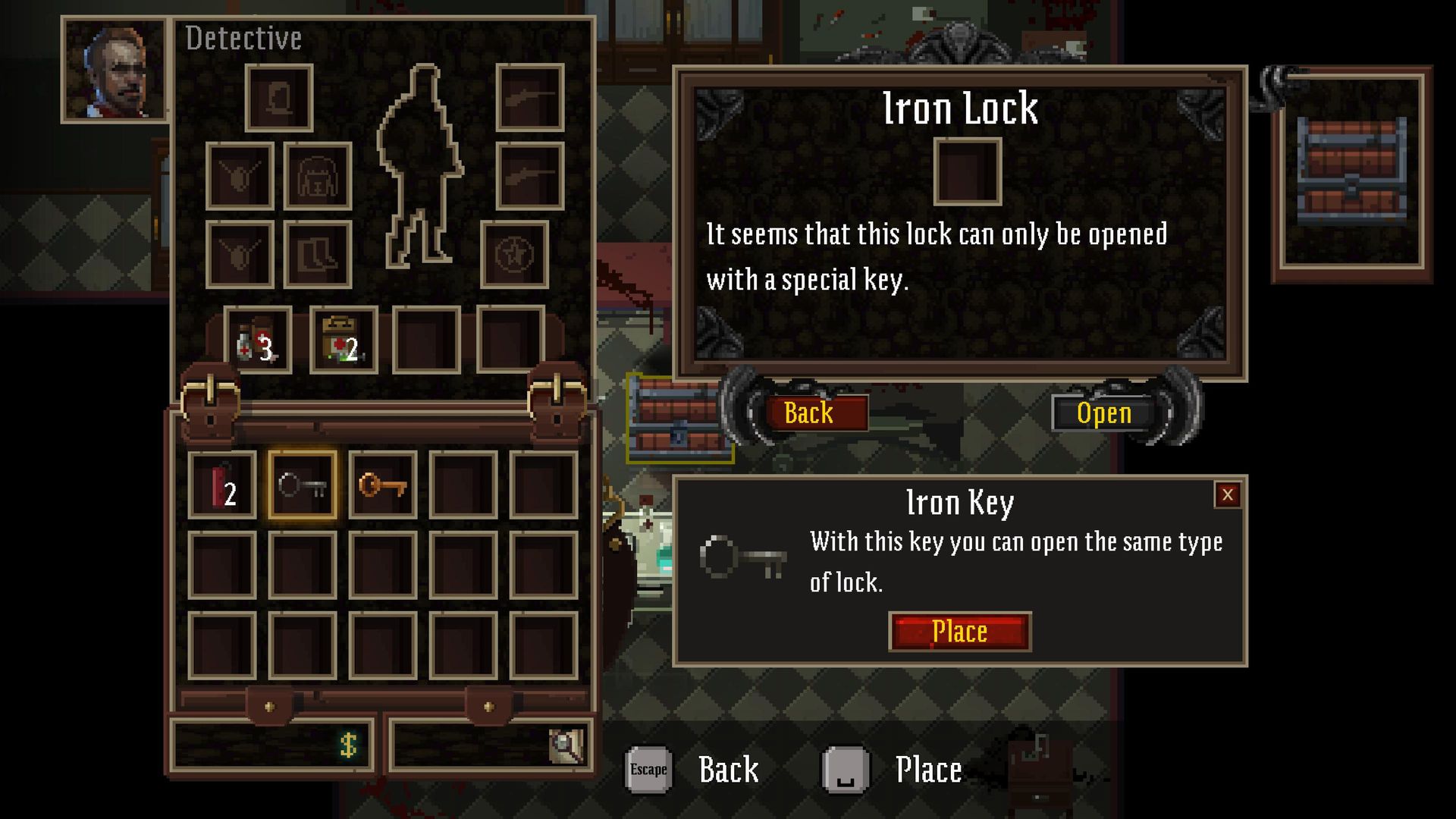
Core Mechanics
Action meets horror in real-time battles and exploration with permadeath and sanity-driven mechanics.
-
Sanity and Mental Strain
Reading tomes, witnessing horrors, or using cursed items affects sanity. Low sanity causes hallucinations, debuffs, or death.
-
Procedural Levels
Each run generates new layouts, monster placement, and loot, ensuring unpredictability.
-
Character-Specific Progression
Each hero has unique stats, items, and narrative threads. Upgrades persist across some runs.
-
Investigation and Lore
Reading journals, questioning NPCs, and collecting clues expand narrative context and unlock paths.
Tips for the Insane Investigator
Knowledge is power — and danger. Here's how to stay alive long enough to learn.
-
Prioritize Sanity Preservation
Avoid unnecessary interaction with occult objects early. Madness builds quickly — and doesn’t forgive.
-
Use the Right Character for the Area
Some maps suit certain heroes. The Witch excels in cursed temples, while the Professor thrives in libraries.
-
Read, Then Decide
Books and journals offer power and knowledge — but sometimes cost your mind. Choose wisely.
-
Stock Consumables
Healing items are rare. Prioritize them over weapons early. Sometimes, survival means retreat.
Build Archetypes
While the game is item-driven, each character supports different strategies:
-
The Rational Investigator
High-range combat, avoids sanity loss. Focus on firearms and lore items.
-
The Occult Scholar
Embraces madness for powerful spells. Sanity-regenerating gear is essential.
-
The Brutalist
Close-range tank. Heavy armor, axes, or ghoulish mutations.
-
The Balanced Analyst
Mixes melee and investigation. Best for lore discovery and flexible exploration.
Game Session
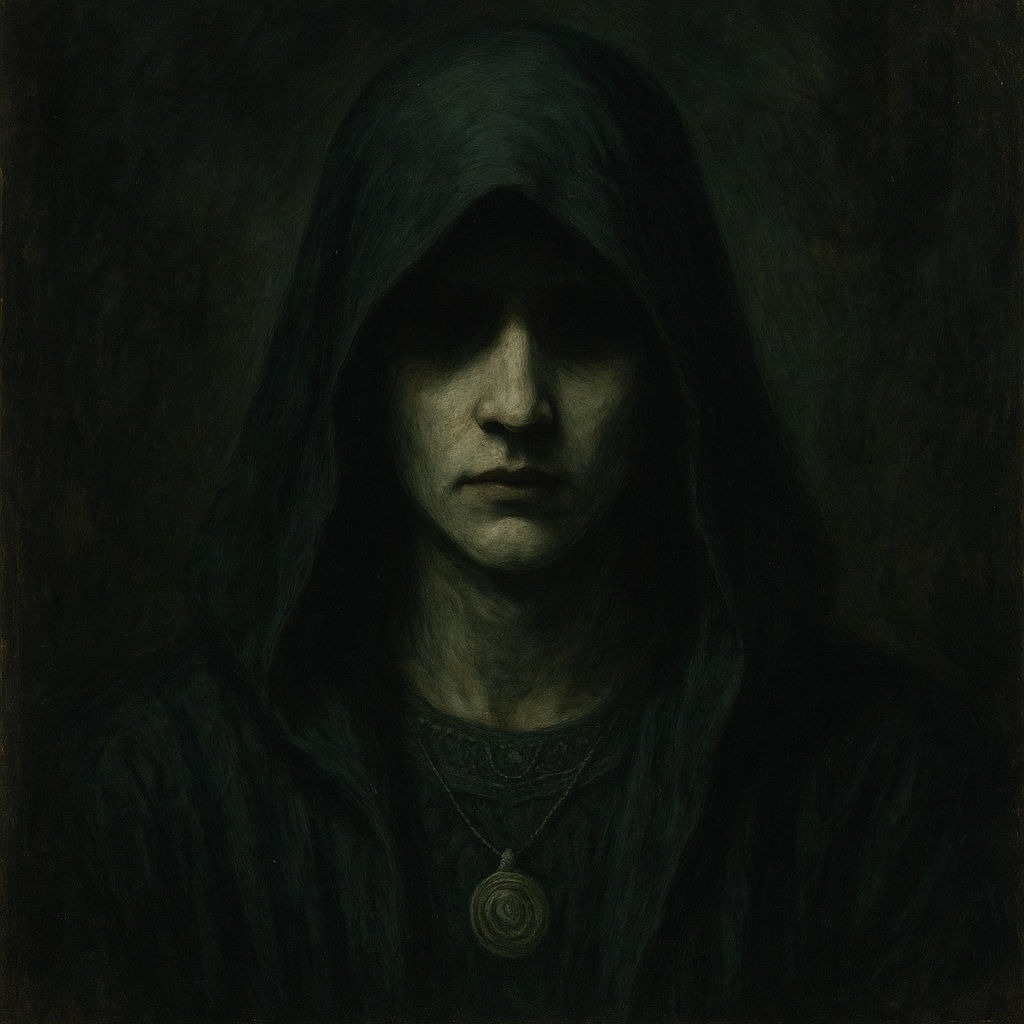
I found myself in a crumbling hospital, the air thick with rot and whispers. A symbol pulsed on the wall — I shouldn’t have read it. But I did. My mind frayed. The doors melted. The corridors laughed. Every story in this game isn’t just found — it’s pieced together. Sanity fades. Truth reveals too much. You don’t play to win. You play to understand. If you dare.
Cultural and Mythos Inspirations
Drawn from the darker corners of pulp horror and Lovecraft’s writings:
-
The Call of Cthulhu
Direct references to the cult of Cthulhu and madness-driven investigators are embedded throughout.
-
The Dunwich Horror
Rural isolation, mutated enemies, and cursed bloodlines echo this tale’s DNA.
-
Pickman’s Model
Many areas reflect this story's twisted artistry — beauty and monstrosity as one.
-
Cosmic Insignificance
You’re not saving the world — you’re trying to understand your role in its collapse.
Final Verdict
Lovecraft’s Untold Stories is a rare indie gem that manages to channel true cosmic horror into an interactive format. Despite some technical roughness, it delivers a disturbing, intelligent experience for fans of survival roguelikes and mythos storytelling.
Strengths
- Strong Lovecraftian atmosphere with deep lore references.
- Five distinct characters create high replay value.
- Sanity and choice-based systems increase tension and immersion.
Weaknesses
- Difficulty spikes and roguelike randomness may frustrate some players.
- UI and combat can feel clunky and outdated.
Editorial Review
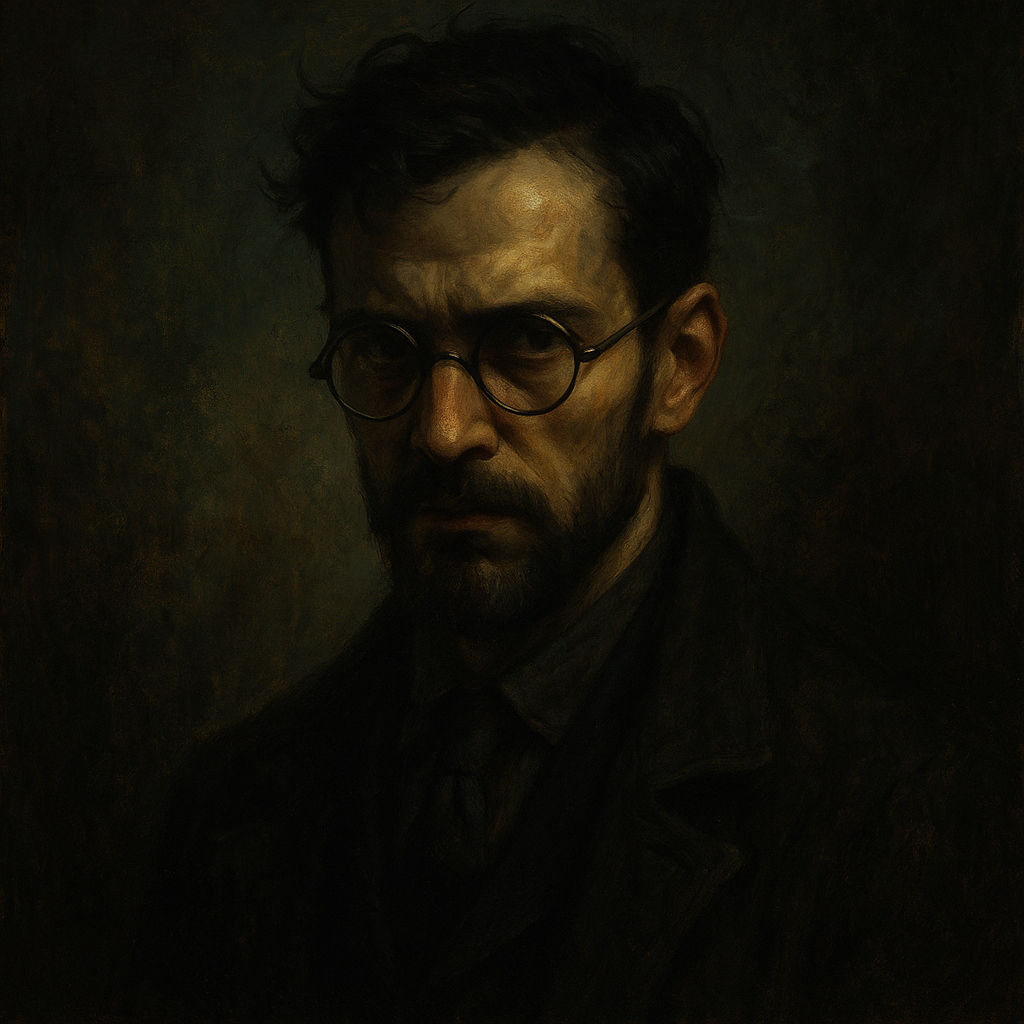
The sanity system subtly manipulates player behavior. It’s not just a stat — it’s a lens. Through it, the horror becomes personal.
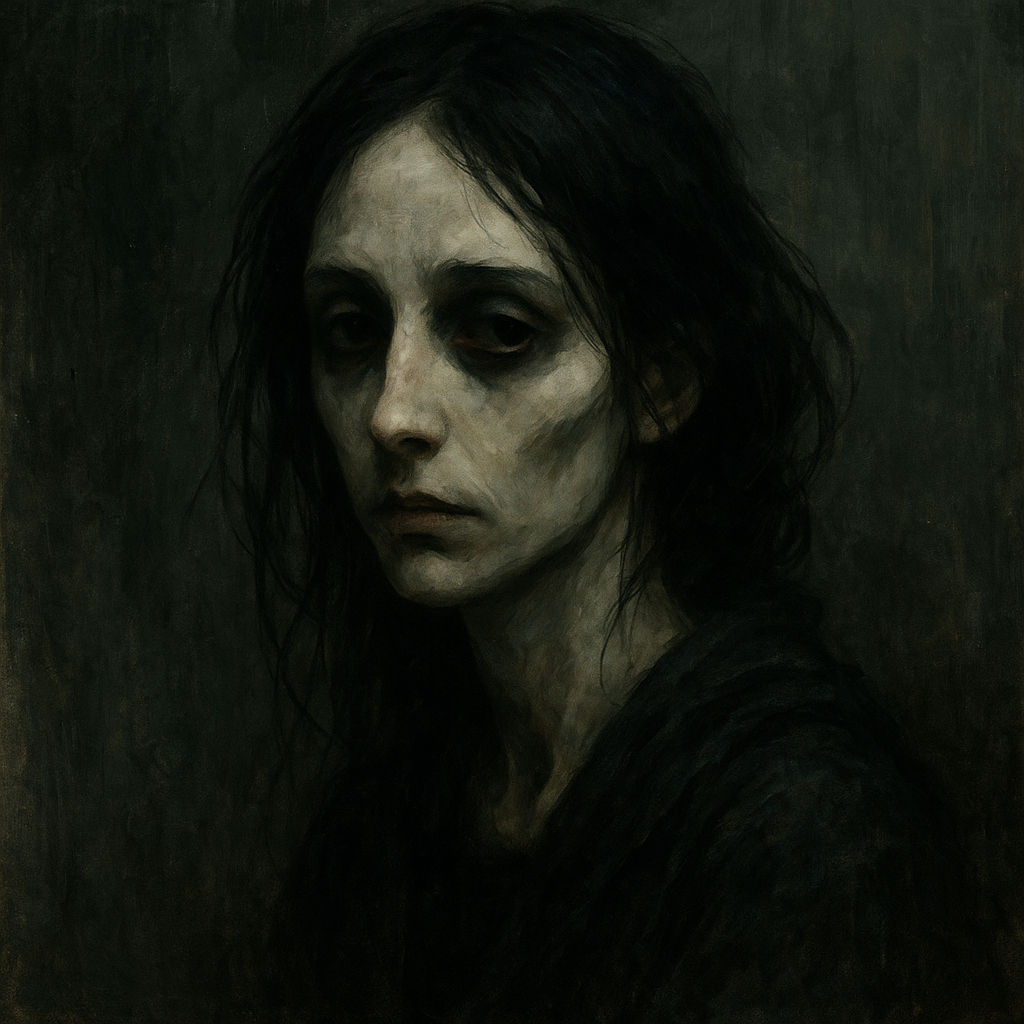
The deeper you dive, the less you want to know. This is a rare game that makes you fear your own progress.
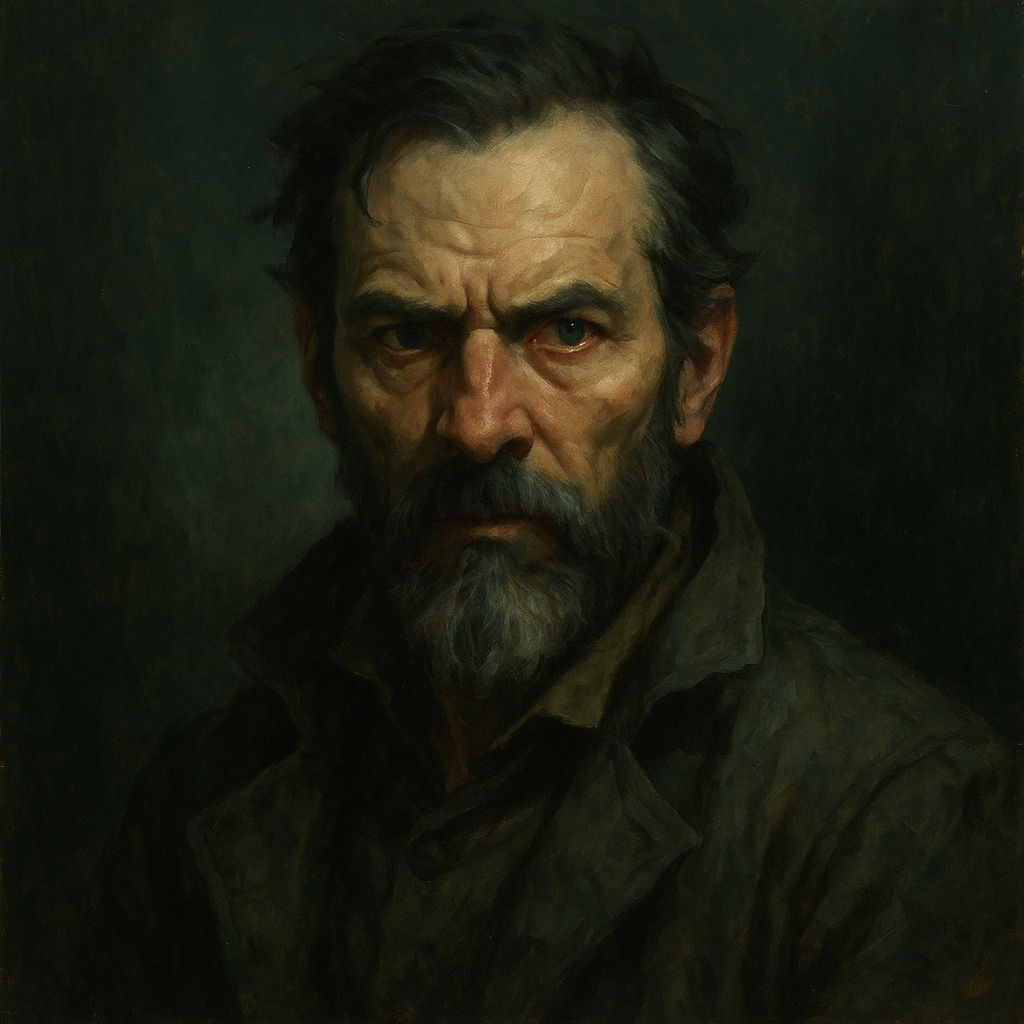
Combat can be clunky, but the atmosphere never fails. In a genre saturated with gore, this is dread done right.

It feels like playing through a cursed short story collection. Each death is a footnote in a book you shouldn’t have opened.
You might also like
About the author

Neith
I’m Neith. I walk the edges of madness and meaning. Stories that disturb, games that whisper — those are my domain.
